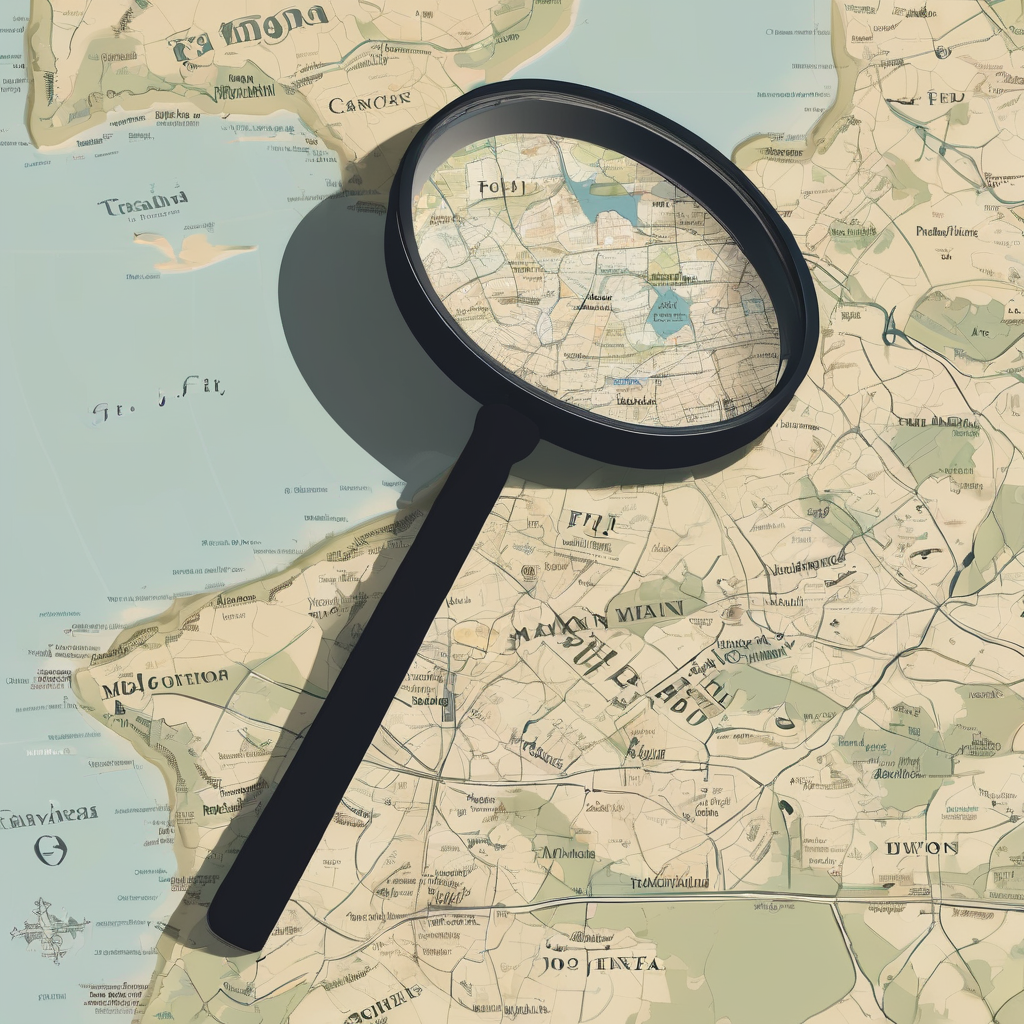The absence of a centralized and publicly accessible database for human rights complaints in Fiji is significantly impeding transparency and accountability efforts, according to Nilesh Lal, executive director of Dialogue Fiji. In a recent human rights workshop in Labasa, Lal highlighted that regular reporting on complaints—including their numbers, sources, and demographic details—would greatly enhance public awareness and foster trust in the system. He noted that despite the collection of relevant data by institutions, the lack of a unified database leaves the public uninformed.
Lal emphasized the importance of human rights bodies in Fiji becoming more visible and engaging with the public to build understanding and demonstrate that robust processes are in place for addressing complaints. This engagement is crucial for instilling confidence among citizens that their grievances will be taken seriously and lead to fair resolutions.
In response to these challenges, Dialogue Fiji has collaborated with the European Union to improve the documentation and reporting of human rights violations in the country. A key aspect of this initiative is the development of a centralized database to be managed by an independent organization, which will help monitor trends and advocate for necessary reforms.
These efforts to enhance human rights accountability reflect Fiji’s broader ambitions, notably represented by the recent establishment of the National Mechanism for Implementation, Reporting, and Follow-up (NMIRF). This measure, announced by Attorney-General Graham Leung, is designed to bolster transparency and accountability within Fiji’s governance framework.
Additionally, the creation of a Human Rights Taskforce, which includes members from various governmental entities such as the Fiji Police and the Bureau of Statistics, supports these initiatives. This Taskforce is tasked with coordinating Fiji’s engagement with international human rights organizations and ensuring compliance with international obligations.
Through these progressive steps, Fiji is addressing immediate human rights concerns while also making significant advancements towards a more accountable and transparent governance model. This commitment lays the foundation for a more just society where the rights of all individuals are respected and upheld.
